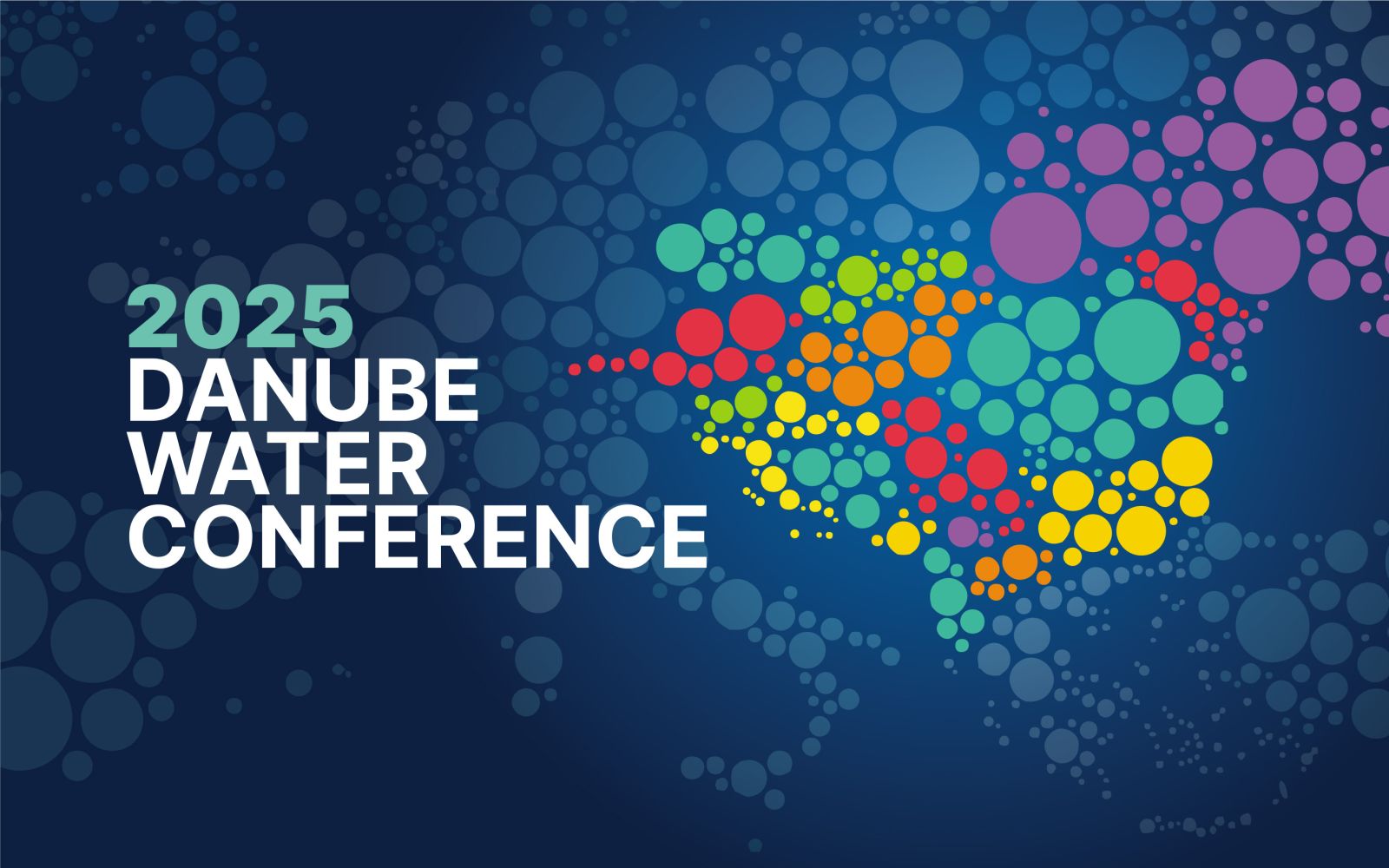
Voice of the Danube
The Danube Water Program makes waves beyond the region: Just recently it was presented as a lighthouse project at the U.N. Headquarters in New York. Now delegations from five Central Asian nations traveled to Vienna to experience its approach to knowledge exchange up close and in person.
During the first week of May, the Danube Water Program hosted a capacity building and knowledge exchange event between water experts of Central Asia and experts from countries of the Danube region, organized by CAWEP, the World Bank’s Central Asia Water and Energy.
CAWEP is a partnership between the World Bank, the European Union, Switzerland and the United Kingdom to support water and energy security at the regional level and in the beneficiary countries.
The Vienna event was part of the CAWEP water sector reform support efforts. This study tour aimed, amongst other issues, at building awareness and capacity for resilient water practices, and at promoting policies, regulations and procedures for risk-informed planning and water use efficiency at the national and basin levels by demonstrating the practical benefits of developing new and different ways of doing business.
Participants from Kazakhstan, Kyrgyz Republic, Tajikistan, Turkmenistan and Uzbekistan sat down with World Bank representatives and experts from the Danube region to discuss best practices in water management, transboundary water cooperation, efficiency of water supply and sanitation, drought management, and water supply management in rural areas.
The schedule included presentations on a wide variety of themes. Day 1 themed transboundary water resource management cooperation models like the International Commission for the Protection of the Danube River, the Danube River Basin Management Plan and the Danube Accident Emergency Warning System. Day 2 dealt with water sector regulation, service provision and capacity building approaches.
Field trips to the River Lab of BOKU, the University of Natural Resources and Life Sciences, to the Vienna Water Works, to Siemens, and to Kaiserbrunn, one of the main sources of Vienna's water supply, and to the Kapfenberg wastewater treatment plant completed the program.
Now in its tenth year, the Danube Water Program has earned international recognition as a model for regional cooperation, capacity building and knowledge exchange – an approach that is obviously fit for export to other regions facing similar challenges.
We thank our visitors from Central Asia for their keen interest and many interesting discussions. It has been a pleasure hosting this event.
Central Asia Water & Energy Program
Central Asia Water & Energy Program (CAWEP) aims to improve diagnostics and analytical tools to support the countries in well-informed decision-making to manage their water and energy resources, strengthen institutions, and stimulate investments.



